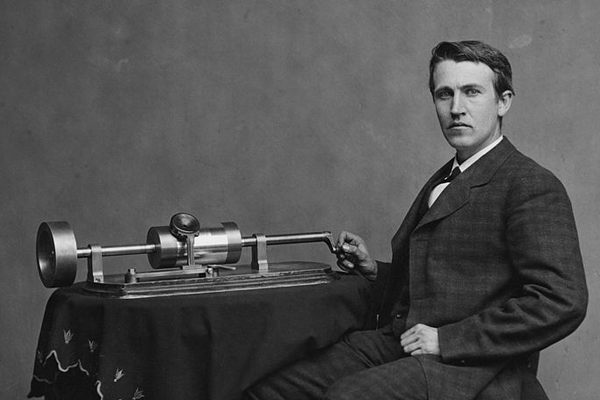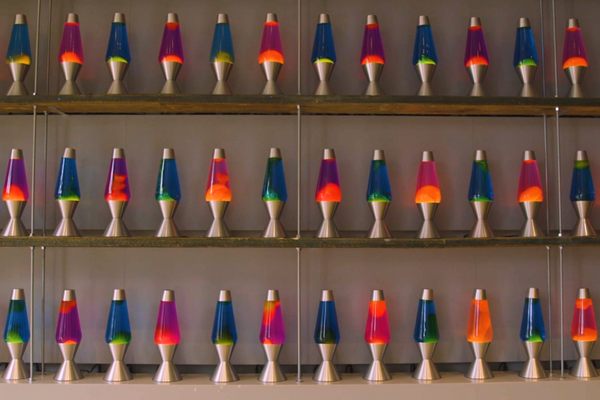Google Just Accurately Simulated a Molecule With Quantum Computing
Science!

The Space Shuttle’s main thruster burning hydrogen. (Photo: Public domain)
Quantum computing is the future of computing, and, like traditional computing, can get pretty complicated. But one of its chief advantages over traditional computing, which, at its base, is a way to compute binary code—ones and zeroes—is that it can deal with pieces of information that are capable of being both a one and a zero at the same time.
This capability is a principle known as superposition, and the pieces of information are known as qubits. And it’s because qubits are capable of superposition that they might be able to help model parts of our universe that contain other forms of superposition—like chemical reactions, which are very difficult to model on computers that deal with only ones and zeroes.

Last week, scientists from Google as well as a range of universities said they had successfully simulated a hydrogen molecule using just this method, achieving what they described as a breakthrough in quantum computing.
More precisely, the scientists said they had simulated the molecule’s energy, adding that if they’re able to more accurately simulate the energy of other molecules, those simulations could have a vast real-world impact.
As Science Alert points out, that could lead to everything from better batteries to better fertilizer for our farms. We’re getting closer and closer, in other words, to a better, more simulated world.


















Follow us on Twitter to get the latest on the world's hidden wonders.
Like us on Facebook to get the latest on the world's hidden wonders.
Follow us on Twitter Like us on Facebook